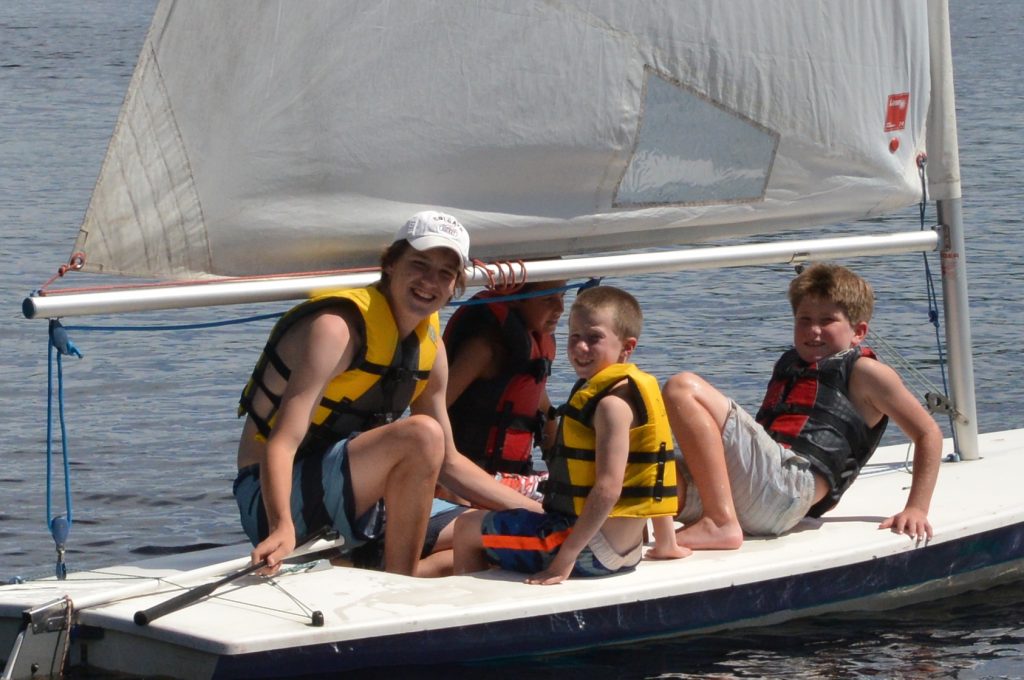Every summer, we are lucky enough to be able to work with some of the best young men and women out there. We are blessed that more than 90% are returning staff or former campers. However, there are always guys who were incredible campers, leaders among their peers, who loved camp but don’t return to work on staff. And frankly, some of them surprise us, as we were sure they would come back for many years to work. It is a loss for us and our campers because we know they would have been incredible counselors. However, it’s also a loss for them to not spend at least one summer working on staff.

The problem is that today’s young people are under a great deal of pressure to pursue summer employment and internships that will help them get a job in the future. In many fields of study in college, internships are encouraged or even required, and the summer possibilities for smart, motivated college students are endless. And in the past, we, as a camp community have failed to fully communicate the value of a job as a summer camp counselor. We describe how fun a job as a camp counselor is, while singing the praises of the growth that happens at camp in our campers. What we have failed to communicate is the deeper value of a summer camp job…that working at camp is the ultimate internship.
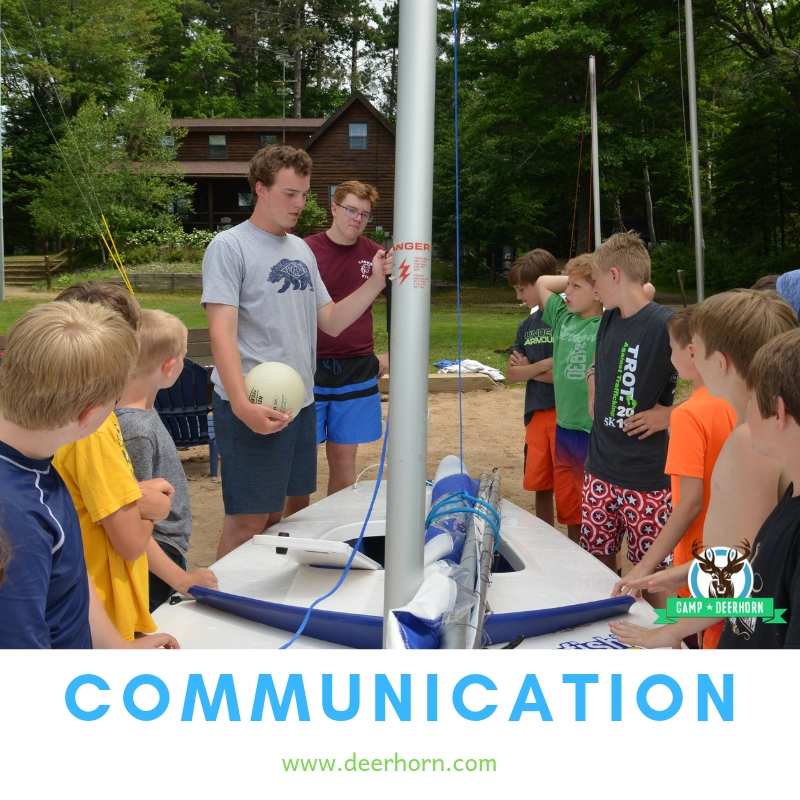
Studies in recent years have asked employers what skills their potential employees are most lacking. What are they not learning in college that is needed to prepare them for the work force? And the overwhelming answer was soft skills, defined as personal attributes that enable someone to interact effectively and harmoniously with other people. What are some of these soft skills that employers find lacking? Skills like leadership, teamwork, collaboration, communication, problem solving skills, work ethic, initiative, flexibility, creativity, and resiliency.
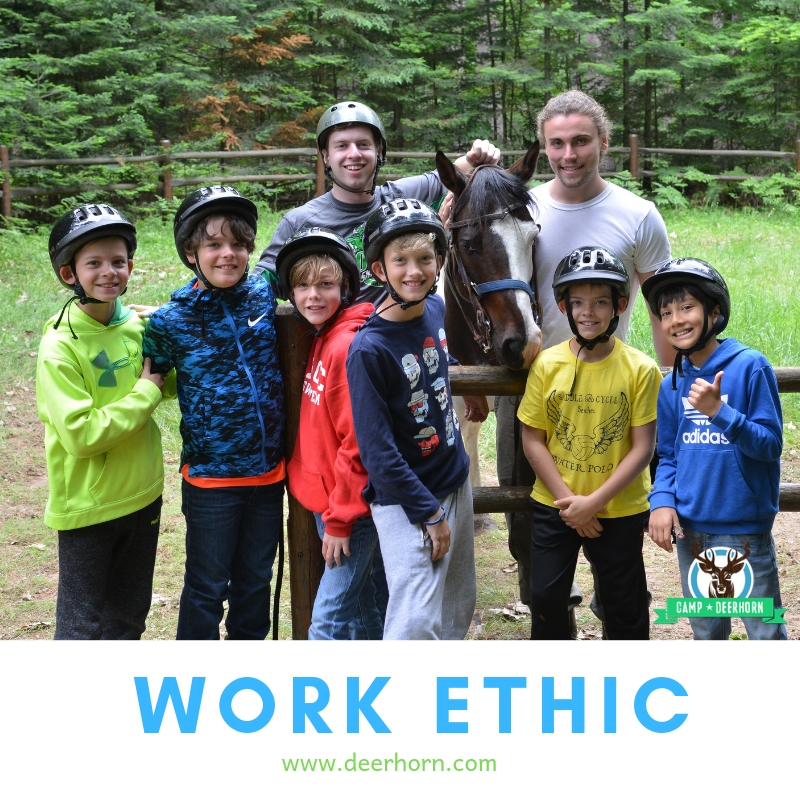
These are the skills employers want, but are not finding in many of their applicants. And these are the skills that are learned on a daily basis through a job at camp. Camp counselors work hard. They are flexible and able to adapt to any new situation. They collaborate on a daily basis with campers and staff of all ages. They problem solve everything from a homesick camper to a broken sailboat to a camper who forgot to bring sheets to how to make a guitar out of popsicle sticks. They see things that need to be done around camp, and they do it, without being asked. They learn how to communicate with the youngest campers to the oldest staff and directors. And creativity? I could talk your ear off about the creativity of camp counselors.
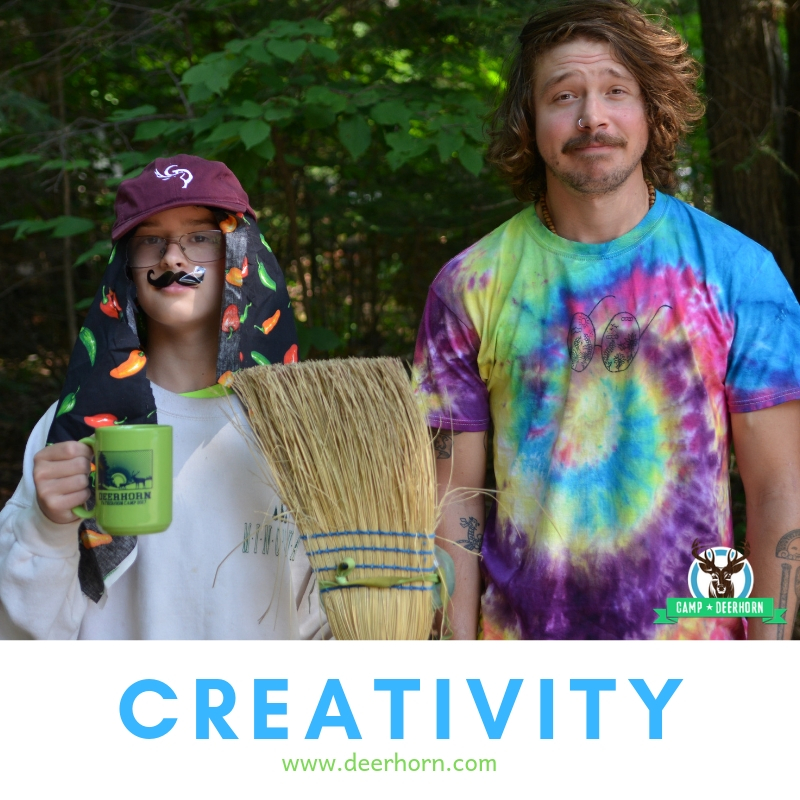
But here’s the thing. You don’t have to take my word for it. Listen to the words of former staff members who are now out in the working world.
“I have learned basically all of my skills at camp. I am currently a college basketball recruiter and scout for college coaches nationwide, however I also have worked in sales, as a teacher, and a social worker. Camp teaches you how to talk to and be around people of all different ages and walks of life. I am as personable as I am due to being raised by camp counselors and directors. I am rarely ever uncomfortable in any situation because of the fact that I learned how to adapt to all situations at camp. Camp Deerhorn not only helped me develop life long friendships (many of whom were in my wedding), but also skills that have helped make me into the man, professional and husband that I am today. I LOVE CAMP DEERHORN!” -Kevin Crawford
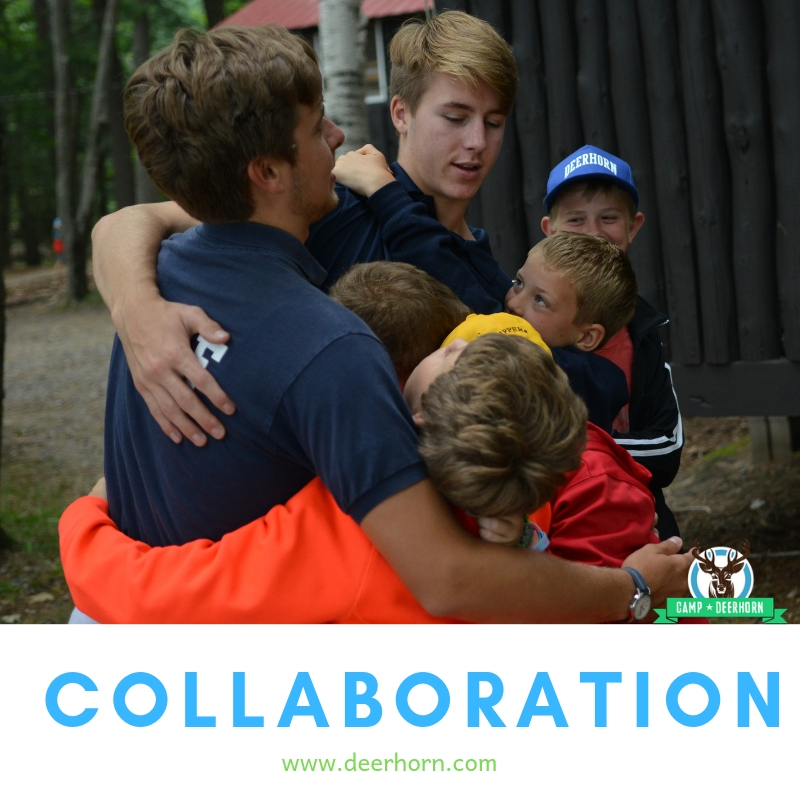
“I think the biggest things camp helped with: -Relationship building – anyone can develop finance or technical skills, but the relationship skills help truly set you apart. -Having a strong moral compass. I feel like the Deerhorn Creed has always been a component of my values that has helped me make good decisions. – Patience! Working with kids definitely teaches you that – and you need it just as much working with adults!” -Nate Rosenblum
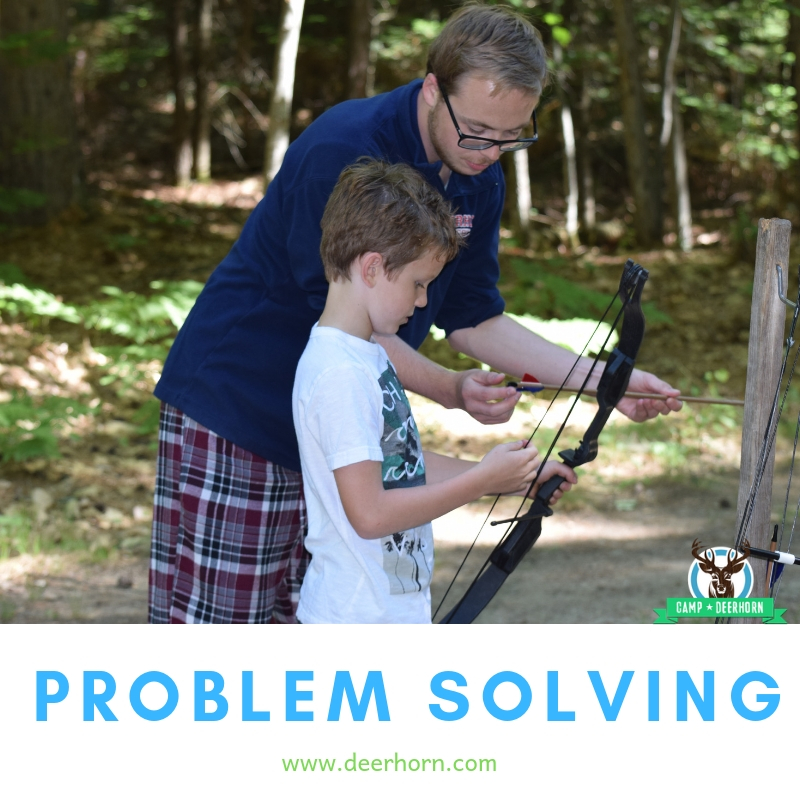
“Working at Camp Deerhorn provides many opportunities to lead – whether it is a koogee full of campers, an activity group, or other staff in the case of the Special Events Director. These concrete leadership examples helped set me apart from other entry-level applicants, because young people rarely get such substantive leadership opportunities. Fifteen years into my career, I still draw on my experience as a Deerhorn counselor when I run workshops, coordinate large teams, and especially when I am in schools working with students.” -Luke Heinkel
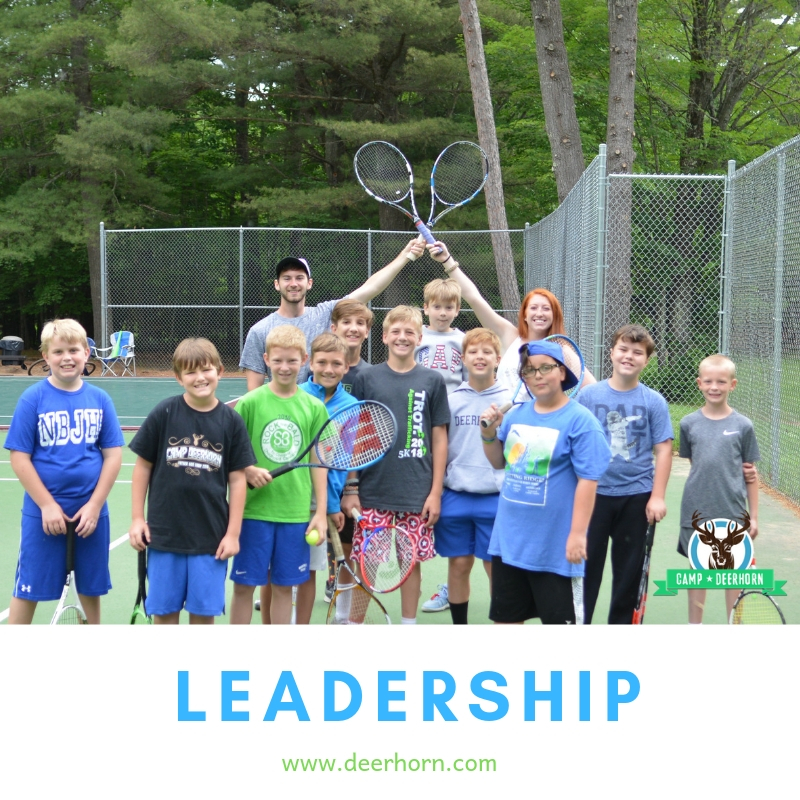
“Here are some of the skills that camp has taught me that prepared me for the professional world:
- Being a team player and understanding everyone’s points of view, even if it differs from your own
- Commitment to a cause (working hard for your team’s success and being the best camper you can be on a daily basis)
- Leadership qualities and how to step up to the plate when necessary (leader summer vs. leading employees to successful outcomes at work)
- Communication Skills
- Communicating with campers from all over the country (and world) just as I do on a daily basis at work. This is a very important skill that is very necessary, as you know, in the professional world.
- Open-mindedness to many opposing opinions and situations
- Creative mindset
- Perseverance – to keep trying no matter how many times you may fail. You will encounter failure many times in the work environment, and it is all about how you pick yourself up and keep pushing forward to achieve your necessary goals.
- The ability to fit in – not everyone fits in right away, but you learn your ways to adjust to be able to be a part of something bigger
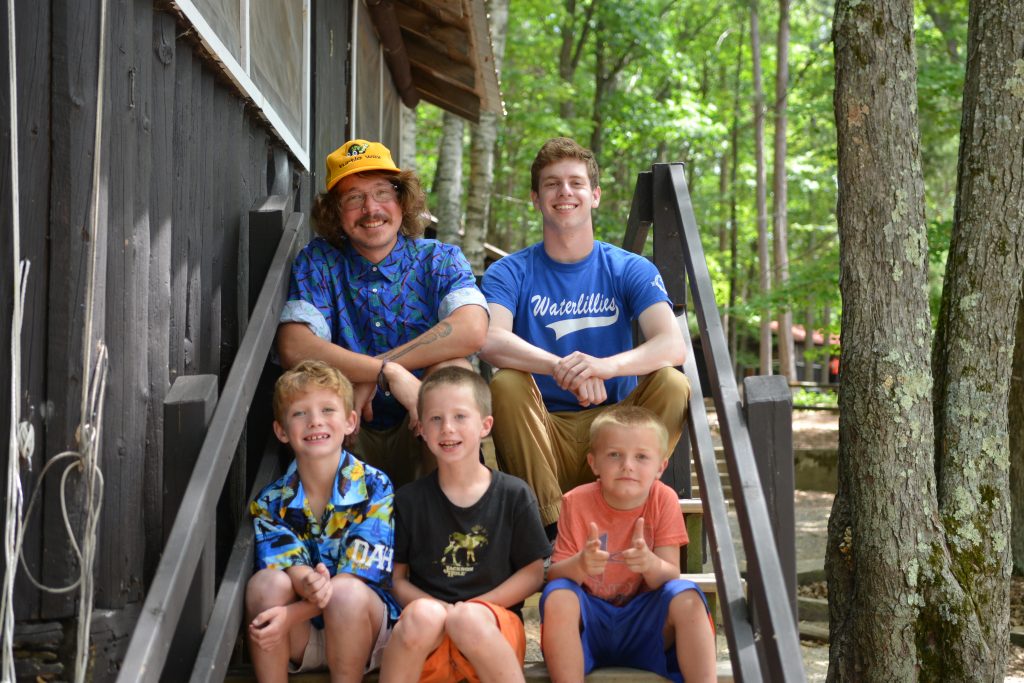
“-Handling pressure, and time sensitive situations. At camp, just like any workplace, you’ll need to be able to make snap decisions. Sometimes in order make deadline of a project for a client, sometimes in order to protect the safety of the children. No better way to teach you leadership skills in this area than running your own activity for 10 weeks.
– If you’re looking into going into Sales… convincing a 15 year boy to jump into the lake at 8:15 in the morning is the ultimate tough product to sell. If you can sell that, cold calling will be a breeze.
– When you’re dealing with children, ages 7-10, you are building compassion. If you are able to put yourself in the shoes of those you are working with, or clients/customers you are trying to service, that can make you an invaluable piece of a company.” -Mack Gust
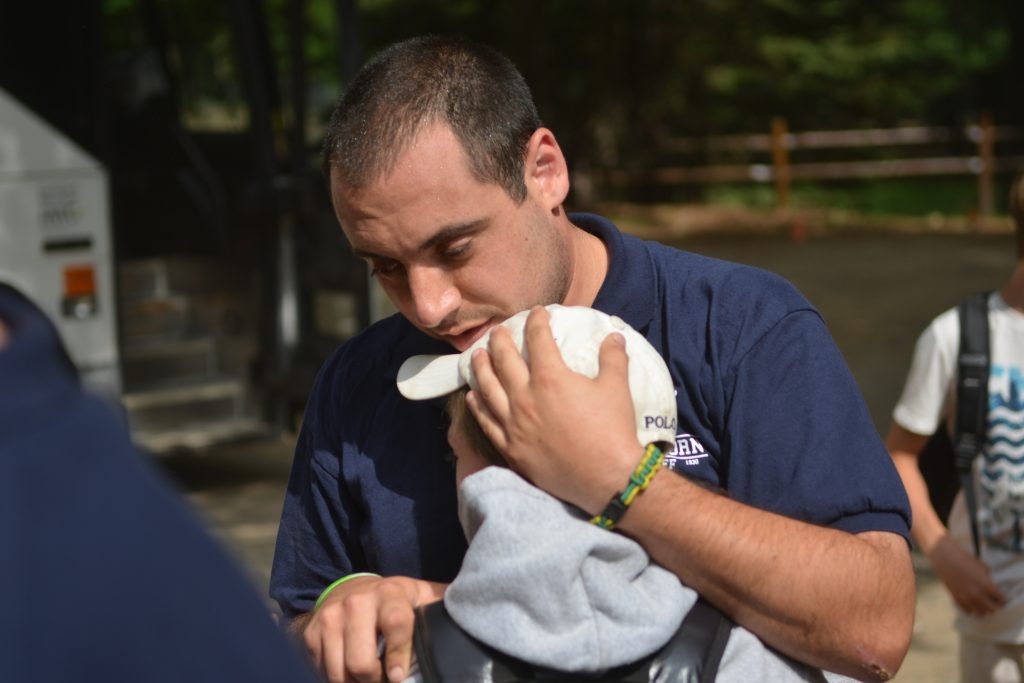
And finally, I just want to end with the statement that a job at camp is not the “real world”? That they aren’t working at camp this summer because they have to get a job in the “real world.” What could be more real than taking care of other people’s children? What job could be more important than caring for the most important thing in parents’ lives? As Michael Thompson, author of “Homesick and Happy,” says in an online interview, “College admissions staff look [favorably] at people who have been to camp because taking care of younger children is the single most significant thing that an older child can do to prepare for leadership. For example, if you’re on waterfront staff—canoes, boating, swimming—you’re in charge of the lives of other kids. High school doesn’t give you anything like that kind of responsibility.”
Many thanks to all of our former staff who contributed this blog. We are looking forward to working with another incredible staff in the summer of 2019, and spots are still available on staff. If interested, you can apply at deerhorn.com.
